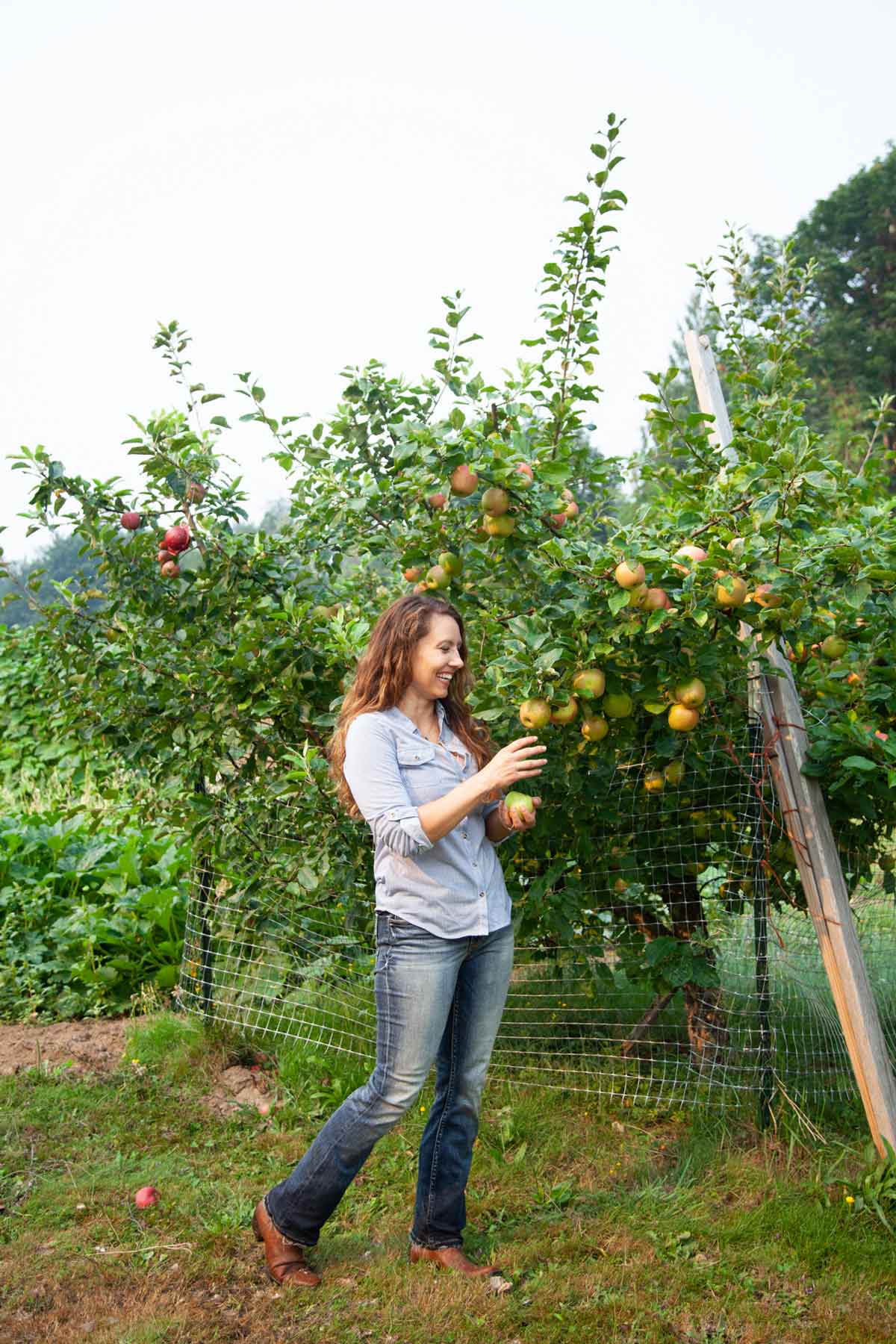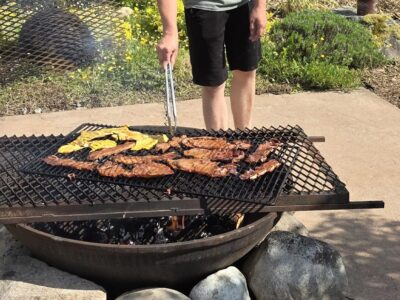Welcome to the last episode of our four-part podcast Q&A series. In today’s podcast, I’m answering the remaining questions, discussing everything from my least favorite farm chore, where to begin when homesteading, and even what foods I want to grow but haven’t yet.
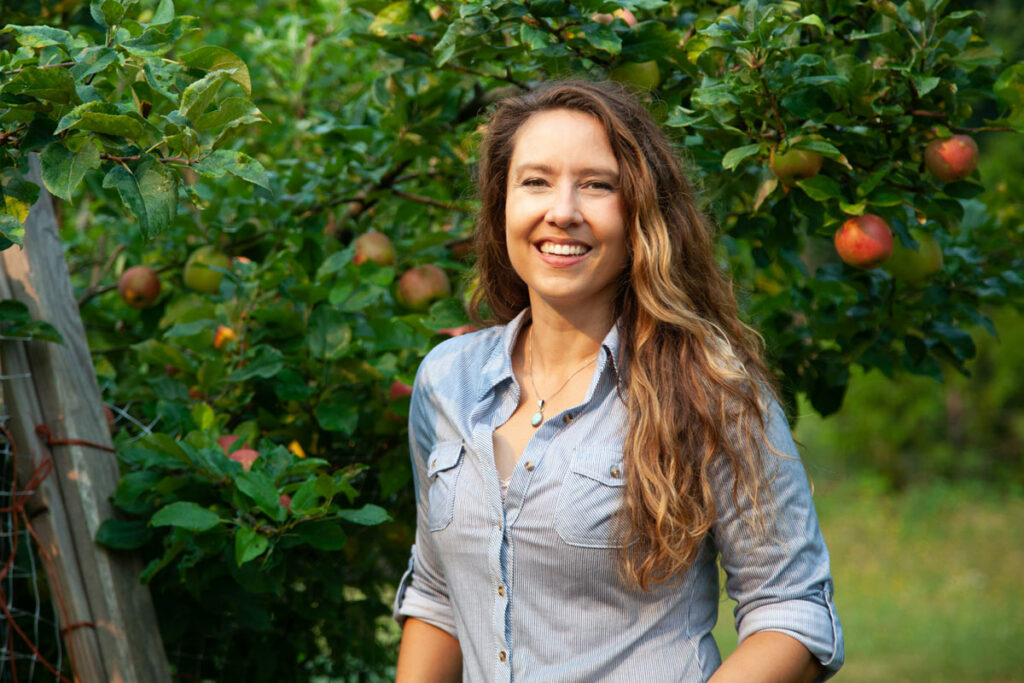
If you missed the first three podcasts, you can find them here:
Natural Remedies Made Simple

Start your home apothecary with confidence—even if you’re brand new. Learn how to choose the right herbs for your body using the simple principles of herbal energetics.
Discover how warming, cooling, drying, and moistening herbs affect your body—so you can stop guessing and start making remedies that actually work.
This is Pioneering Today Podcast episode #372 and the final episode in this four-part series. I hope you’ve enjoyed it! If so, please leave a comment below and feel free to ask me any other questions. If I get enough to merit another podcast, I’ll be sure to keep up this fun series!
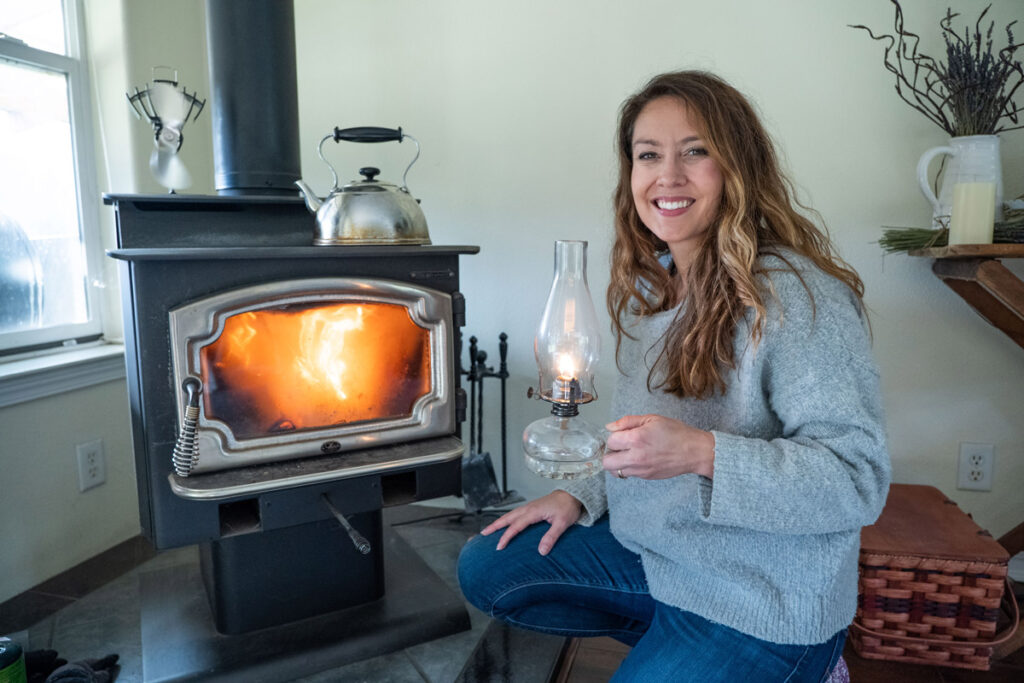
Table of Contents[Hide][Show]
- What kind of Woodstove do we have?
- How do you stay motivated on a daily basis?
- Can Work Ethic Be Taught?
- Where do I Start?
- What’s My Least Favorite Farm Chore?
- What’s My Favorite Farm Chore?
- Easiest Thing to Grow for Beginners
- Easiest Thing to Preserve for Beginners
- What Food do I Want to Grow but Haven’t Yet?
- How to Homestead in the Suburbs on a Budget?
- Homesteading With a Full-Time Job & Kids
- Favorite Quick Dinner
- How to Balance Being Prepared with Hoarding
- What is My Favorite Podcast?
- More Posts You May Enjoy
What kind of Woodstove do we have?
We have a Lopi woodstove. We chose this stove 16 years ago because they’re approved for use in a double-wide, which is what we live in. We’ve been extremely happy with it, especially because it has a flat top that allows us to actually cook on it.
Before we had a propane stove in the kitchen, if the power went out, I wasn’t able to cook on the electric stove. Now that’s been remedied, but I still love having a wood stove as a backup cooking source. It’s also great for simmering potpourri and heating up some spiced chai tea.
We’ve had our stove for going on 16 years now and haven’t had to replace anything on it.
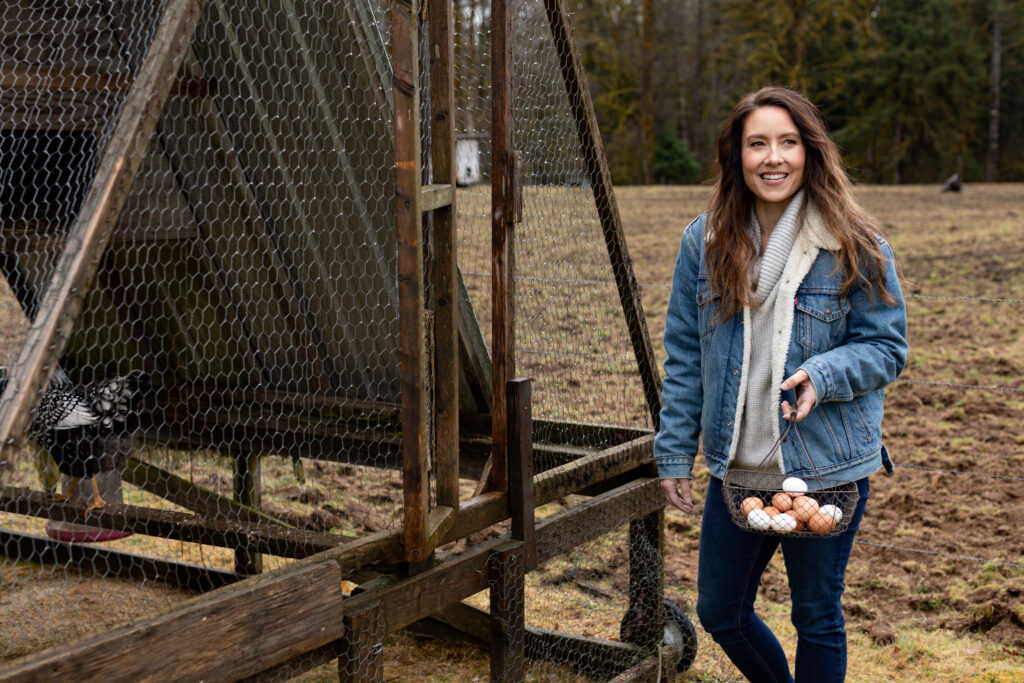
How do you stay motivated on a daily basis?
There are some days when I’m not motivated at all, but every day there are things that need to be done on the homestead. Having a morning and afternoon chore routine helps me.
On those days when the weather is horrible, I don’t always love the idea of going out to take care of the cows. I would much rather straight snow or sunny weather.
The rain and cold is just so hard. It’s like a bone-chilling cold that’s hard to warm up from. Because we need to feed the animals twice a day during weather like this, it’s even more difficult.
The better description of what I am is disciplined. There are certain tasks that have to happen each day. Our family needs to eat, the animals need to be fed and the cow milked. So whether I feel motivated to do these things or not doesn’t always matter. But being disciplined enough is how I get those things done.
The other things I like to do are to plan in convenience days. Times when we’ll pick up a frozen pizza from the store to give us a night off from cooking. But where we live, restaurants are at least a 45 minute drive (one way), so eating out when I’m not motivated to cook just isn’t an option either.
But if you have food in your pantry and freezer that’s easy to cook up with very little effort, this can often times keep you from splurging on eating out.
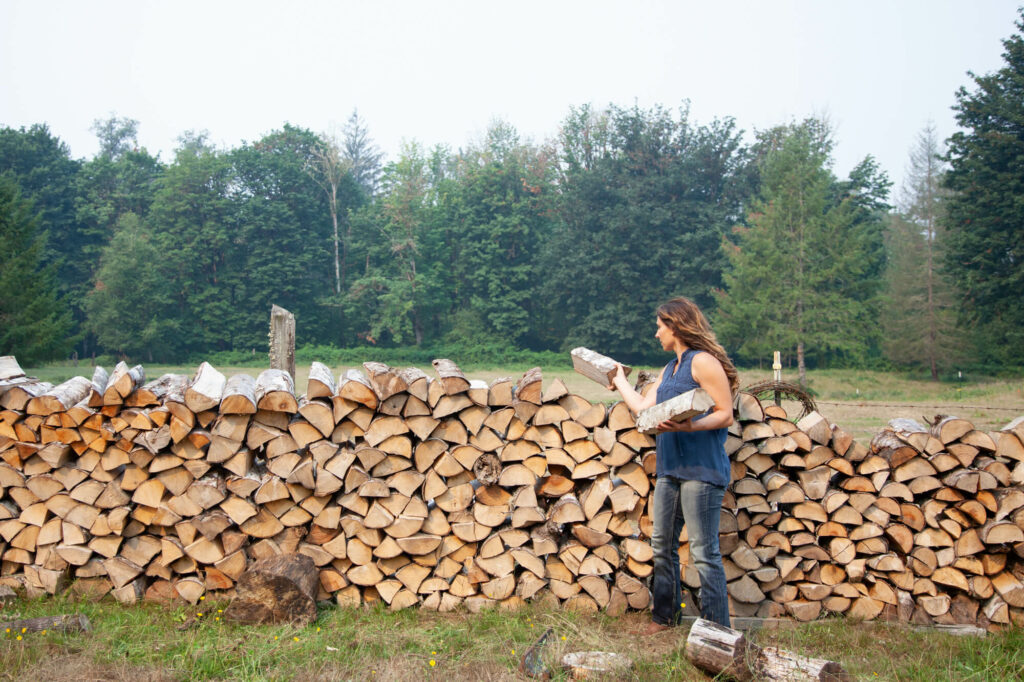
Can Work Ethic Be Taught?
Have you ever wondered if work ethic can be taught or if it’s something you’re born with? Maybe it’s something that you were raised to have, but is much harder to learn at an older age?
I’ve always had a strong work ethic since I can remember, but it was also modeled for me by my dad. He drove his own log truck, and he raised cattle (he kept about 130 head), so he was up early and working late every day of the week. Then on the weekends, it was mending fences or crossing off items on the to-do list around the house.
I also know that for myself, raising our own meat each year, growing quality food in the garden and preserving it, and ordering high-quality food from places like Azure Standard are all ways that I can help keep my own health up.
Having had a cancer scare in my early 30s, that’s all the motivation I need to stay disciplined when work around the homestead gets tough.
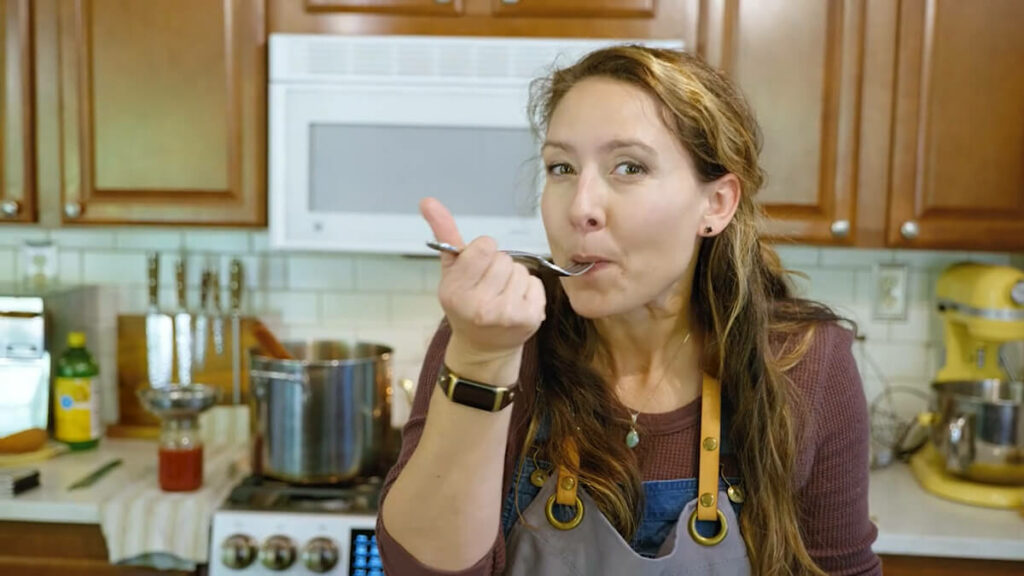
Where do I Start?
I hear from so many people wondering, “How do I do it all?” and “Where do I start?”.
I love the old saying, “How do you eat an elephant? One bite at a time!” That’s truly how you tackle these homesteading skills. One at a time.
I’ve discussed before in my podcast on the essential skillsets homesteaders should have that everyone should start in the kitchen. We all have to eat, so learning to cook food from scratch, learning how to prepare the foods you’re growing in the garden or the meat you’re raising in your backyard, this is a skill you should have first.
Not to mention, depending on the season you may not be able to grow anything in the garden.
Choose one thing to focus on in the kitchen. Sourcing a healthier ingredient. Maybe buying local. Just taking one step in the right direction is still getting you closer to your end goal, so don’t feel like you need to overhaul your entire kitchen or menu, but rather just choose one thing at a time.
It could be as simple as growing your own herbs on your windowsill, or you may want to grab my free downloadable charts to help you get started with a garden.
What’s My Least Favorite Farm Chore?
This question really made me ponder for a while, and I realized I don’t actually have a least favorite farm chore. But one chore that I dread every single time is cleaning the shower!
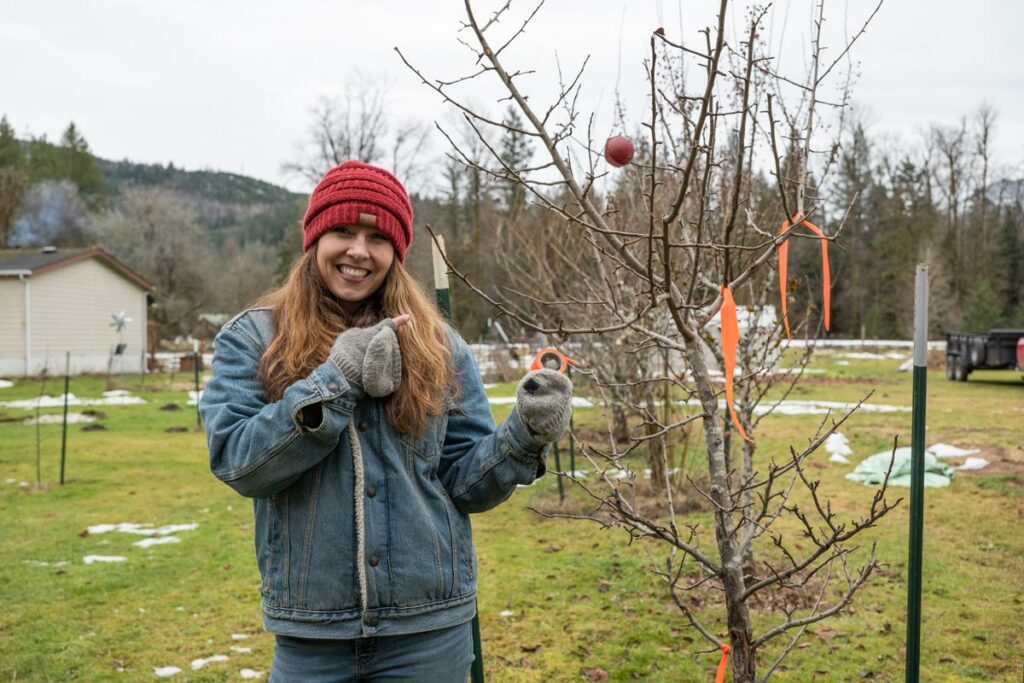
What’s My Favorite Farm Chore?
I love when it’s time to prune the fruit trees! I don’t let anyone else do it because I look forward to it each year.
I think I love it because it’s a bit of an experiment based on what’s needed for each tree. The wait to see if how you pruned the tree actually worked is fascinating.
Learn how to prune your fruit trees here.
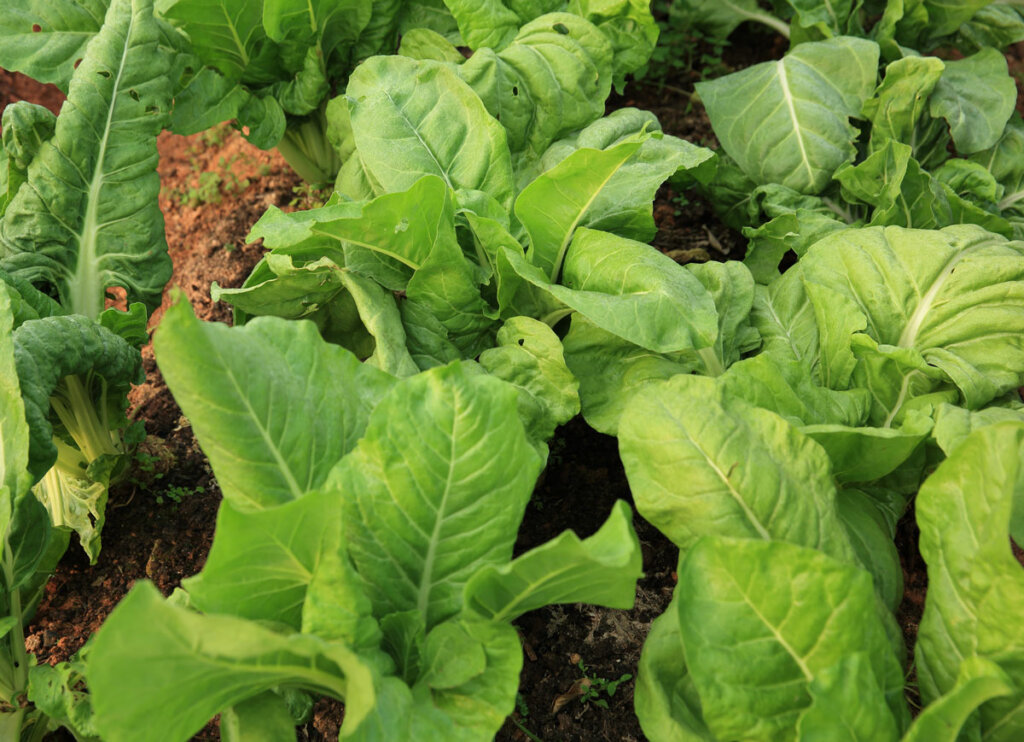
Easiest Thing to Grow for Beginners
There are a lot of plants that are easy to grow, but one that I think might be easiest is lettuce. It grows so fast, so even if you mess it up, you can quickly recover by planting a second time. Or, better yet, do succession plantings of lettuce and never have to buy from the grocery store again!
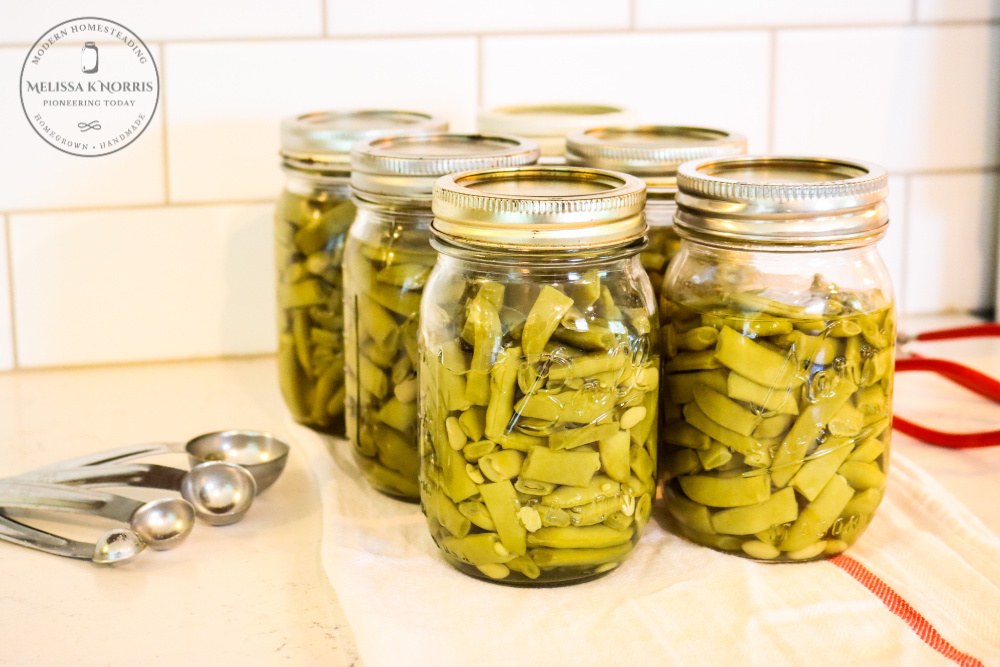
Easiest Thing to Preserve for Beginners
Once you get over the fear or trepidation of using a pressure canner, raw packing vegetables is so easy! Many of the water bath canned products have a lot of prep work that’s needed. But something like pressure canning green beans is so easy!
What Food do I Want to Grow but Haven’t Yet?
One thing I want to grow is ginger. I’m looking forward to giving this a try.
Another thing would be citrus. It doesn’t tend to grow well in my climate. However, I do have a friend who has been cultivating a hearty citrus tree that I plan to buy and grow myself!
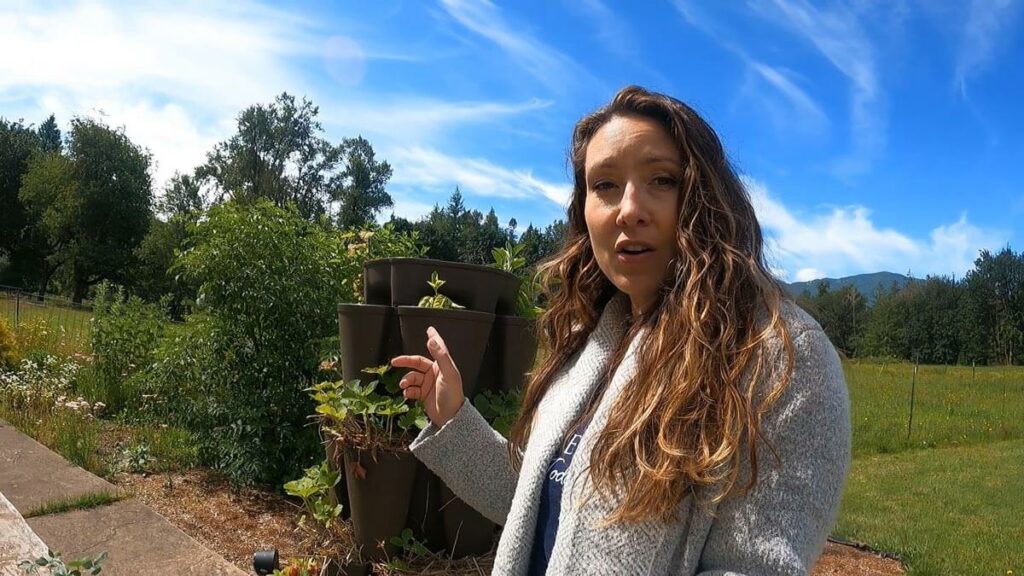
How to Homestead in the Suburbs on a Budget?
When living in the suburbs, you may have to get creative with how you can grow. One great way is to grow vertically. I have an entire blog post on how to grow vertically to plant more in less space.
If you’re on a budget, you could also look into a community garden. There are often community gardens where you can go volunteer your time in trade for some of the produce grown. This is a great way to learn gardening skills without having to invest a lot in raised beds or other containers.
But if you want to garden, where there’s a will there’s a way. You can plant radishes in a cut off milk jug with some garden soil. So don’t limit yourself just because you might not be able to build the picture-perfect garden.
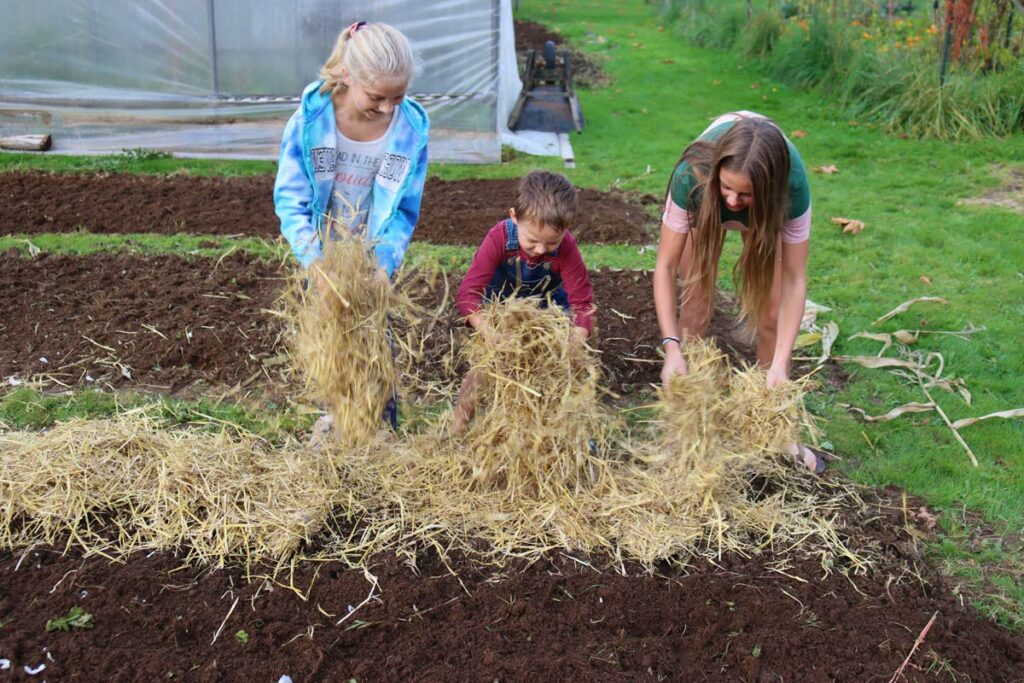
Homesteading With a Full-Time Job & Kids
Yes, it’s true that homesteading while you have a full-time job and while raising kids can be difficult. But it can be done, and don’t let anyone (or your own mind) tell you otherwise.
My husband and I built our homestead while raising two small children and working full-time jobs. So I know the effort it takes, but I also know it can be done. You can read more on how we cut our debt and how I quit my day job here.
Check out this podcast with Rebekah Rhodes on homesteading with children. She has five children, homeschools the older kids and helps run a homestead. Also my good friend, Rachel, is sharing her tips on raising a special needs child on the homestead.
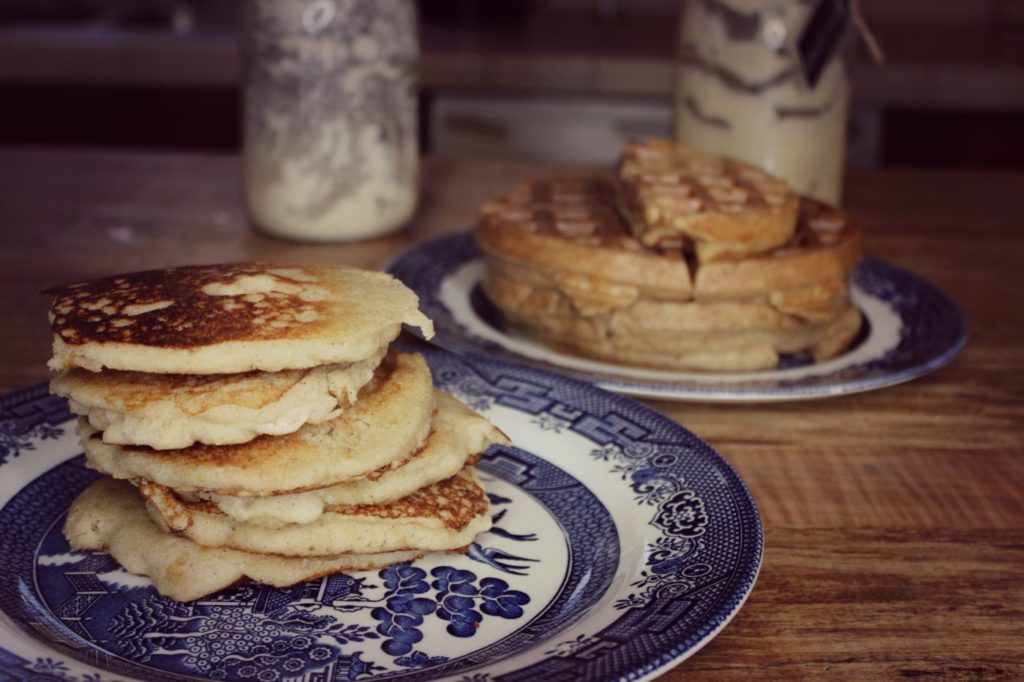
Favorite Quick Dinner
Hands down my favorite quick dinner idea is always breakfast for dinner. Homemade waffles or pancakes are always a big hit. Grab my recipe for homemade buckwheat pancakes here, or have some DIY pancake mix ready to go on your pantry shelf.
The other idea is taco meat. Because you can cook ground beef from frozen it’s always my go-to if I need a quick and easy fast meal.
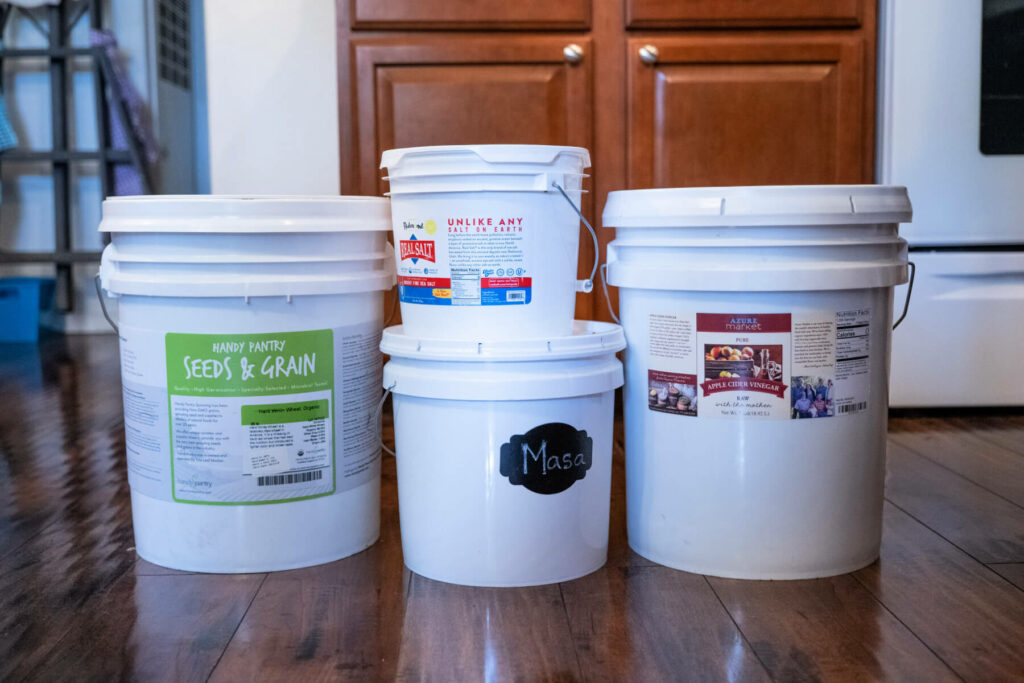
How to Balance Being Prepared with Hoarding
Sometimes being prepared and having a well-stocked pantry or house can feel a bit like prepping or hoarding in excess. So how do we find the balance?
I only buy things we already use. Then, instead of buying individual portions, or smaller portions, I’ll buy in bulk and learn how to properly store it.
I also don’t buy more than we’ll use before the expiration date. Flour, for instance, I’ll only buy a year’s worth because I don’t want to buy too much and the have it go rancid.
You also need to learn how to use the oldest first and the newest last. This can take some organization when it comes to the pantry.
I also like to have backup supplies for items like my pressure canner, light bulbs for the refrigerator, etc.
I do have an entire blog post on how do properly go about being prepared on the homestead without buying in excess and creating unnecessary clutter.
I also recommend checking out these posts on decluttering.
What is My Favorite Podcast?
I don’t really have a favorite podcast! Because I tend to be an “all or nothing” person, when I’m interested in a particular topic, I’ll go all in and binge-listen to all the episodes on that podcast until I think I’ve learned what I need.
But then I won’t necessarily continue listening to that podcast moving forward.
Right now, because we’ve just listed the Norris Farmstead Farmstay as a short-term vacation rental, I’ve been listening to the Vacation Rental Success podcast.
I do love business podcasts and feel like I’ve given myself an entire college education just from listening to them.
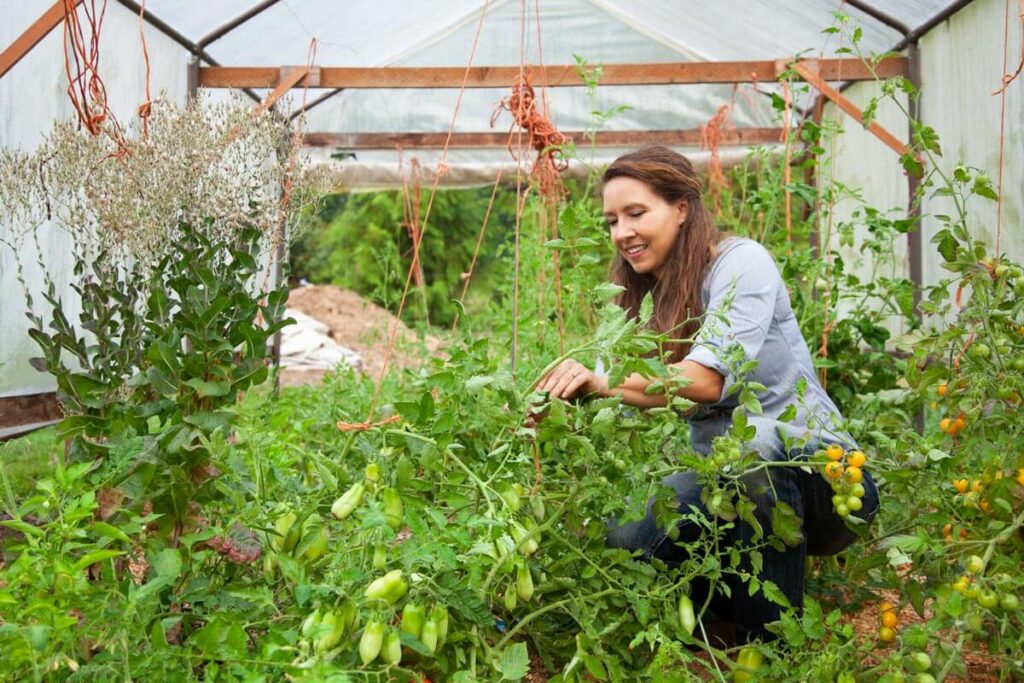
More Posts You May Enjoy
- De-clutter Your Home Month by Month
- Does Gardening Save Money
- Gardening by Month Series (Garden Tasks by Month)
- Best Vegetables for Small Spaces and Self Sufficiency
- 4 Tips to Success In Growing Your Own Food
- How to Plan Your Best Garden & Harvest for a Years Worth of Food
- The Ultimate Seed Starting Guide- Planning, Starting & Mistakes to Avoid
[fusebox_transcript]
